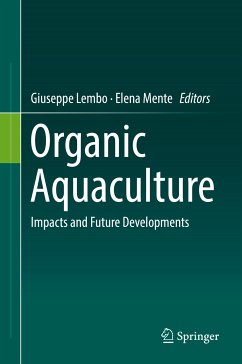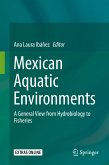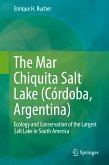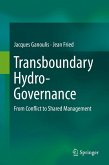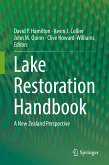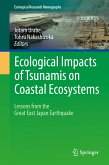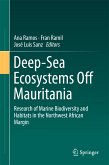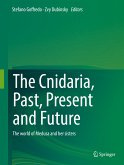This book addresses, reviews and evaluates key themes in organic aquaculture and is set out to show how these relate to the challenges and bottlenecks for a responsible organic aquaculture production in Europe. The key themes reflect the main challenges facing the organic aquaculture industry: guarantee and certification system, nutrition, reproduction, production system design and animal welfare. In addition, it assesses the impact of new and future potential development of new knowledge to update and modify the criteria and standards for organic aquaculture. Organic aquaculture is an alternative production approach driven by the growing interest in sustainable utilization of resources. It is rightly viewed as an important contributor to the economy and to the well-being and health of communities. This work will contribute to the scientific knowledge that needs to strengthen effective organic aquaculture. The collation of information on research and data will be of applied value to researchers, university students, end users and policy authorities in the EU and worldwide.
Dieser Download kann aus rechtlichen Gründen nur mit Rechnungsadresse in A, B, BG, CY, CZ, D, DK, EW, E, FIN, F, GR, HR, H, IRL, I, LT, L, LR, M, NL, PL, P, R, S, SLO, SK ausgeliefert werden.

